Does Makeup Cause Acne?
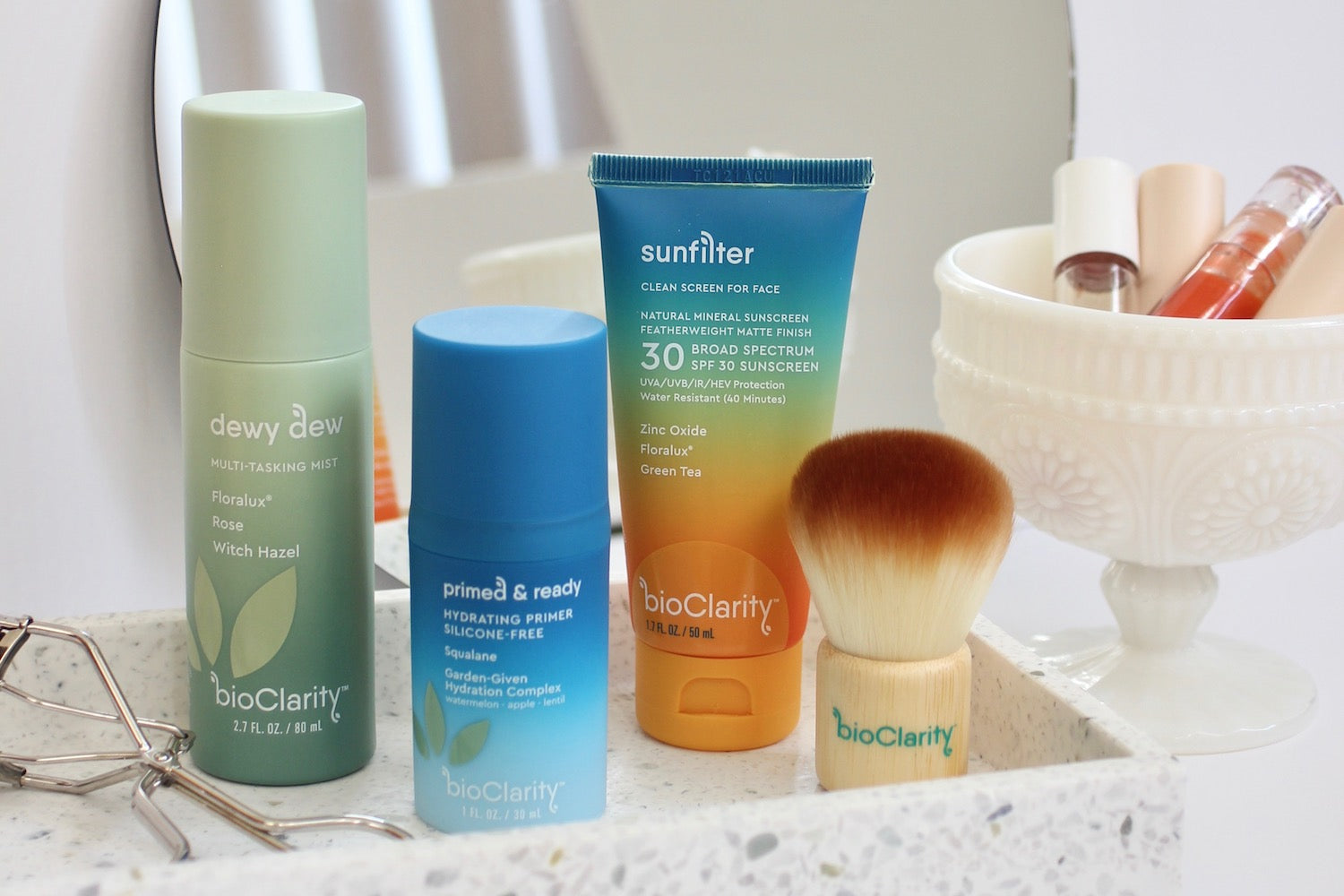
If you’ve heard opposing opinions on whether makeup causes acne, we understand your frustration. The amount of voices on the subject coming from bloggers, beauty magazines, estheticians and cosmetic companies is dizzying. On one hand, we’re told that makeup causes pimples and is the source of our skin care woes, while in the next moment we read promising claims of ingredients destined to clear our complexion.
In short - Yes, wearing makeup does cause acne, but this doesn't apply to all makeup products. Pay attention to the ingredients in your cosmetics, as some may clog pores which can worsen acne breakouts. However, it's important to note there are many factors that contribute to breakouts, and your makeup usage could just be one of them.
We’re here to explain the complex relationship between makeup and acne, and detail the ways in which one can lead to the other. This Q&A will describe how and why the very makeup you use to conceal blemishes might actually be the source of those blemishes in the first place. We’ll explain what you can do to avoid acne caused by makeup, which ingredients to steer clear of, and how to fix any complexion concerns you might currently have.
What is Acne?
To understand the ways in which makeup causes acne, we first need to become familiar with what acne actually is. Those pimples, blackheads, and inflamed bumps you hate so much are actually clogged hair follicles. When pores – or tiny little openings at the top of hair of our hair follicles – get plugged with sebum (oil) and dead skin, they become red, inflamed, filled with pus, or infected. When the dead skin cells and oil that form the plug don’t become inflamed, the lesion is called a “closed comedone” or whitehead. An “open comedone,” or blackhead, appears when the clogged pore remains open, and the tip of the plug darkens as it’s exposed to oxygen in the environment. Pressure on the surrounding cells increases as the buildup continues to grow, and with enough pressure, the sides of the pore can rupture. As the contents of the pore leak into the surrounding cells and spread bacteria, the affected skin becomes infected, creating that red bump we know as a pimple or “inflammatory papule”. Acne appears in many different shapes and sizes, but the root of its cause is a clogged hair follicle.
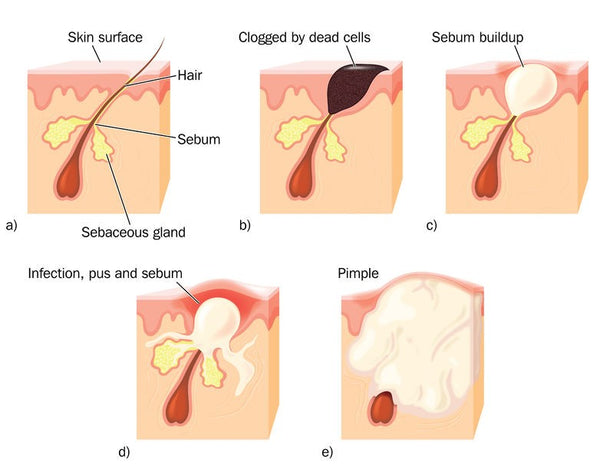
Does Makeup Cause Pimples?
Most people experience acne due to inheriting a condition of the pores. Whereas healthy pores shed approximately one layer of dead skin per day, acne-prone pores shed up to five layers of dead skin cells in an average day. The body can’t expel the cells (corneocytes) as quickly as it produces them, leading to accelerated blockages.
The number of dead skin cells become increasingly sticky as they remain trapped in the shaft of the hair follicle and form a plug that blocks the pore’s opening. The sebaceous gland continues to produce sebum, and the trapped oil provides a nutrient for the bacteria P. Acnes, which is how acne becomes infected. In addition to genetic makeup, hormones are a common cause of acne. Hormonal flare-ups can kick the sebaceous gland into overdrive, leading to excessive oil production. Changes in hormones account for the acne typically experienced during puberty and pregnancy.
While the leading causes of acne are physiological, lifestyle factors – such as the use of makeup – can contribute to breakouts, as well. Any non-cleansing product applied to the skin has the potential to clog your pores, whether its makeup, sunscreen, or even the dirt on your hands. This type of acne caused by products on the skin is referred to as “acne cosmetica”. Acne cosmetica generally appears rash-like in the form of tiny red or pink bumps. The oil-prone areas of your complexion – such as the forehead, chin, and nose – are especially susceptible to acne cosmetic, as they more irritated by the additional oil provided by makeup. The bumps may or may not be filled with pus, and have the potential to itch or create a rough appearance.
Makeup varies tremendously between brands in terms of quality and ingredients, but using the wrong product (or failing to take the product off!) can certainly aggravate breakouts.
Which Ingredients In Makeup Cause Acne?
Makeup alone does not cause acne, but it has the potential to worsen or trigger breakouts in some individuals. Understanding the cause of your breakout is important to treating it, as stress, diet, and poor hygiene can be contributing factors, as well. In a recent study, 45% of women had dermatoses (skin disease) associated with the cosmetics they were using, and 14% had active acne lesions, which points to a correlation between makeup and acne. As a general rule of thumb, be sure to steer clear of comedogenic ingredients that are known cause skin trouble.
When shopping for makeup, avoid products whose formulas contain:
- Fragrances and dyes: although they make a product smell and appear lovely, fragrances and dyes contain strong chemicals that can be especially irritating to sensitive or acne-prone skin.
- Alcohols: alcohol in makeup is designed to maximize the product's penetration into the skin, proving you with that all-day wear. However, it's an extremely drying compound and can lead to dehydration and irritation.
-
Acrylics: acrylics help ingredients stick together, but it's essentially the same as putting plastic on your skin; anything underneath will get trapped and clog your pores.
- Parabens: parabens work to extend a product's shelf life and inhibit the growth of mold, but they can also cause acne by interfering with our endocrine system and triggering a hormonal flare-up.
- Silicones: You'll likely find this ingredient in your foundation or concealers, as they're designed to make your skin feel silky smooth. Unfortunately, silicones contribute to dry skin and clogged pores, which can cause acne.
How Do I Avoid Acne Caused By Makeup?
The best approach to stave off forehead acne, cheek acne, and any other breakouts caused by makeup is to purchase cosmetic products that are labeled “non-comedogenic”. These products are less likely to clog pores, which can thereby reduce the buildup of sebum and bacteria that cause acne. If you can’t find non-comedogenic products, be sure to at least avoid the above ingredients, and be consistent with a skincare routine that targets breakouts without irritating or drying out your skin.
Acne cosmetica can take months to develop and will persist so long as the pore-clogging product is used. Without the right acne treatment solution, makeup can seem like the only cure – but using makeup to conceal acne can breed a vicious cycle that’s not easy to break. Our 3-step Clear Skin Routine is clinically proven to clear acne and breakouts in as little as two weeks. It’s designed to treat your skin with the kindness you deserve and improve your overall skin health without harsh chemicals or toxins.
Clearer skin in as little as two weeks.
3-step ritual with nutrient-rich botanicals and the power of Floralux® to treat, soothe, and calm skin.
Learn MoreIn addition to maintaining a proper skincare routine, be diligent to avoid these common makeup mistakes that lead to breakouts:
- Using dirty brushes: To reduce the amount of acne-causing bacteria on your face, be sure to regularly clean all of your brushes and applicators.
- Storing brushes improperly: Makeup bags are grimy places, and storing your brushes in there can lead to some serious contamination – dirtying the brushes you just diligently cleaned. Separate your tools and store them upside down, if possible.
- Applying makeup with dirty hands: Some people prefer to skip the blotters and blenders that breed bacteria by instead applying makeup with their hands. Be sure to wash your hands every time to prevent spreading dirt from your hands onto your face.
- Ignoring allergic reactions: The acne you experienced after using a certain product could actually be an allergic reaction to a specific ingredient. Be sure to read your labels and keep track of your flare-ups to identify any possible allergens.
- Going to bed with makeup on: Never, ever fall asleep wearing a full face of makeup! Sleeping in your makeup increases the chance of the product settling into your skin, causing breakouts and enlarged pores. Instead, remember to cleanse your face every night before bed. Try Cleanse, our gentle foaming face wash made to sweep away makeup, dirt and bacteria, or Barefaced, our jelly cleanser that gently exfoliates, brightens and hydrates skin.
To simplify your skincare and makeup routine, add in Primed & Ready, which is a 2-in-1 deeply hydrating, silicone-free primer that doubles as an everyday moisturizer. It's designed to help hydrate skin, blur pores and imperfections, prep your skin for flawless makeup application, and extend the wear of your makeup to lock in your look all day (or night) long.
Get Ready for Your Close-up
This 2-in-1 primer locks in your makeup and keeps your skin hydrated all day. Go ahead and snap a selfie -- no filter needed.
Get Primed
Abby Vinas
Abby Vinas has long been an active member of the holistic health community, advocating in favor of its benefits to both our physical and emotional well-being. Her commitment to leading a healthy lifestyle has made her an authority on self-care practices. Abby is passionate about fitness, nutrition, and proper skincare, and is also an avid lover of avocado toast and dog-petting.
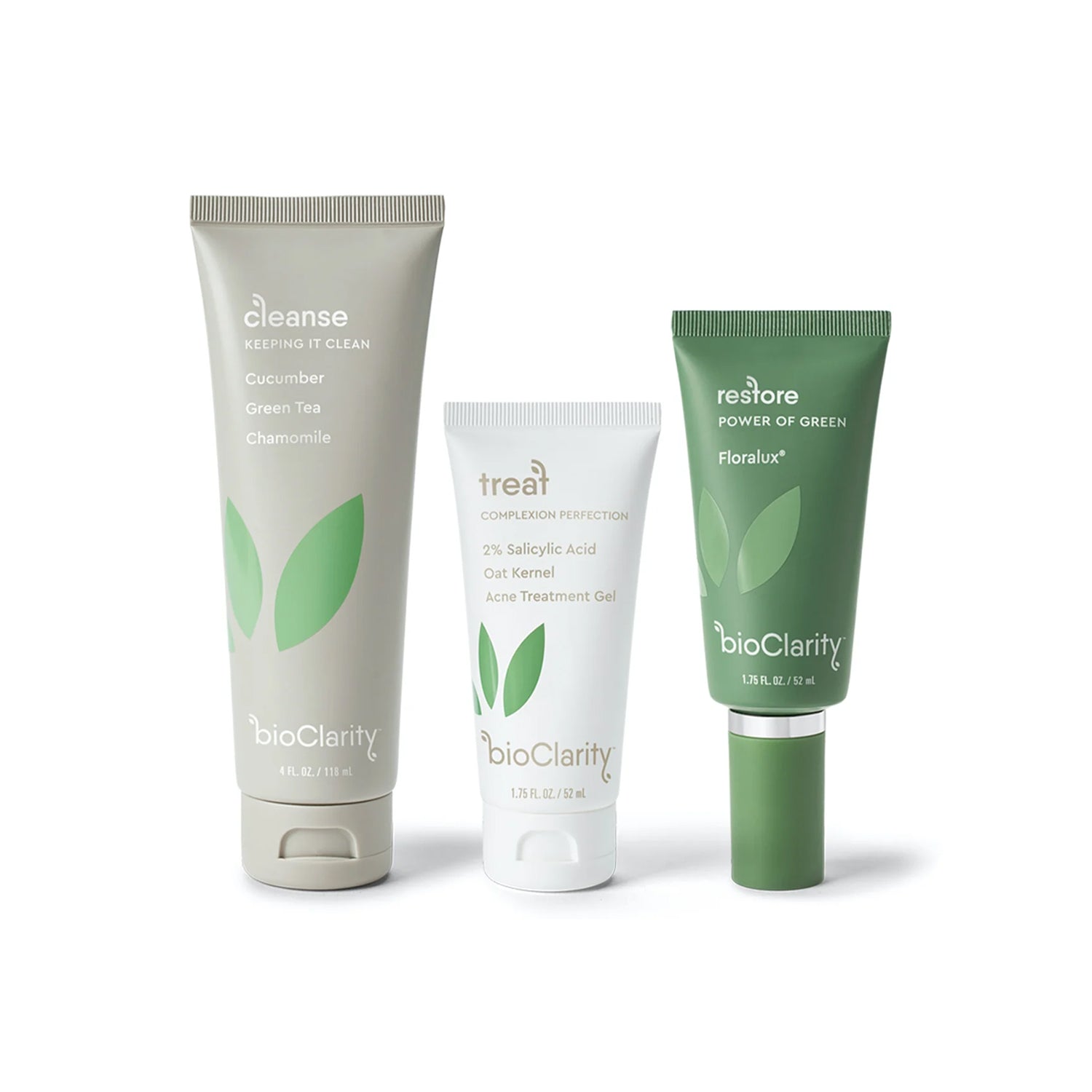
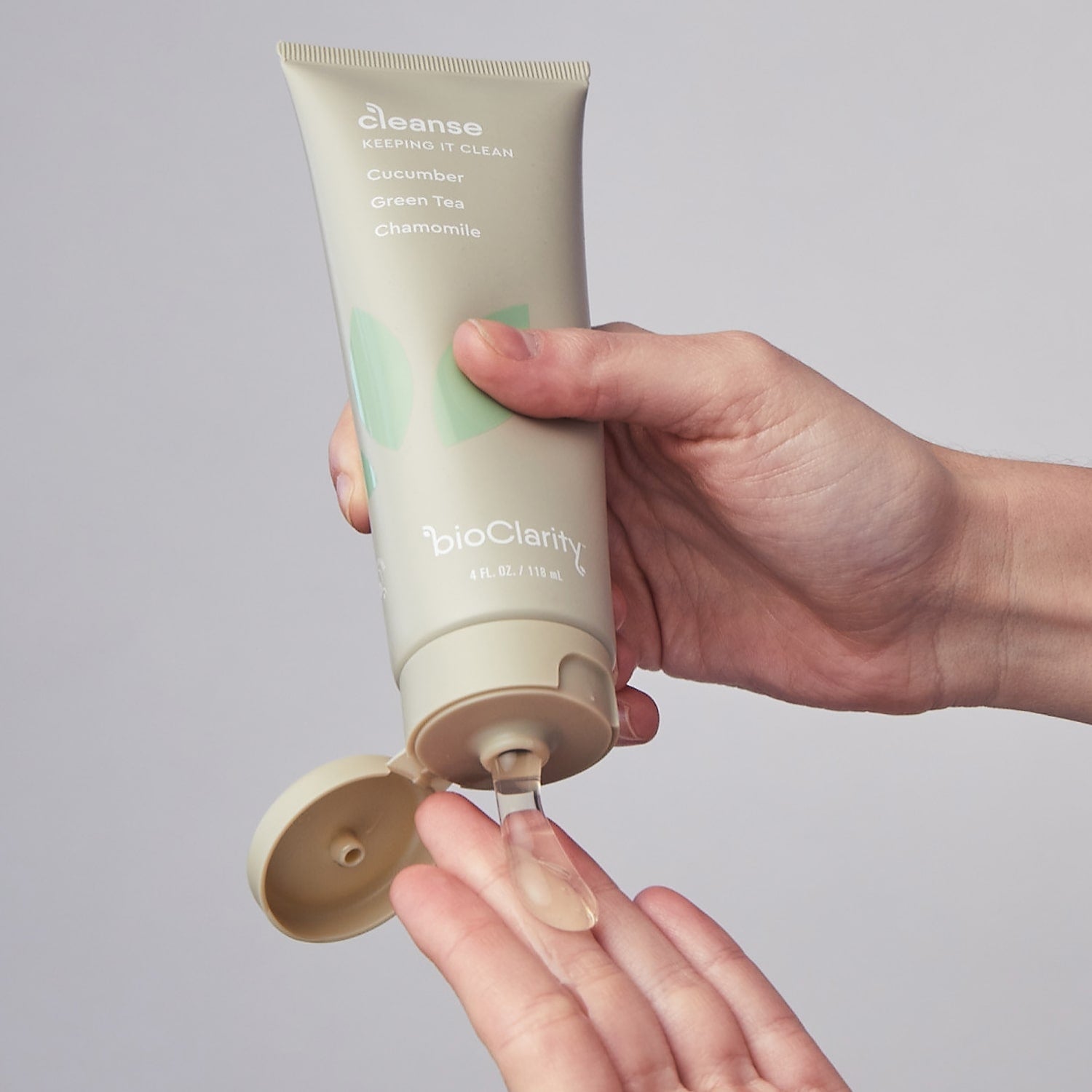
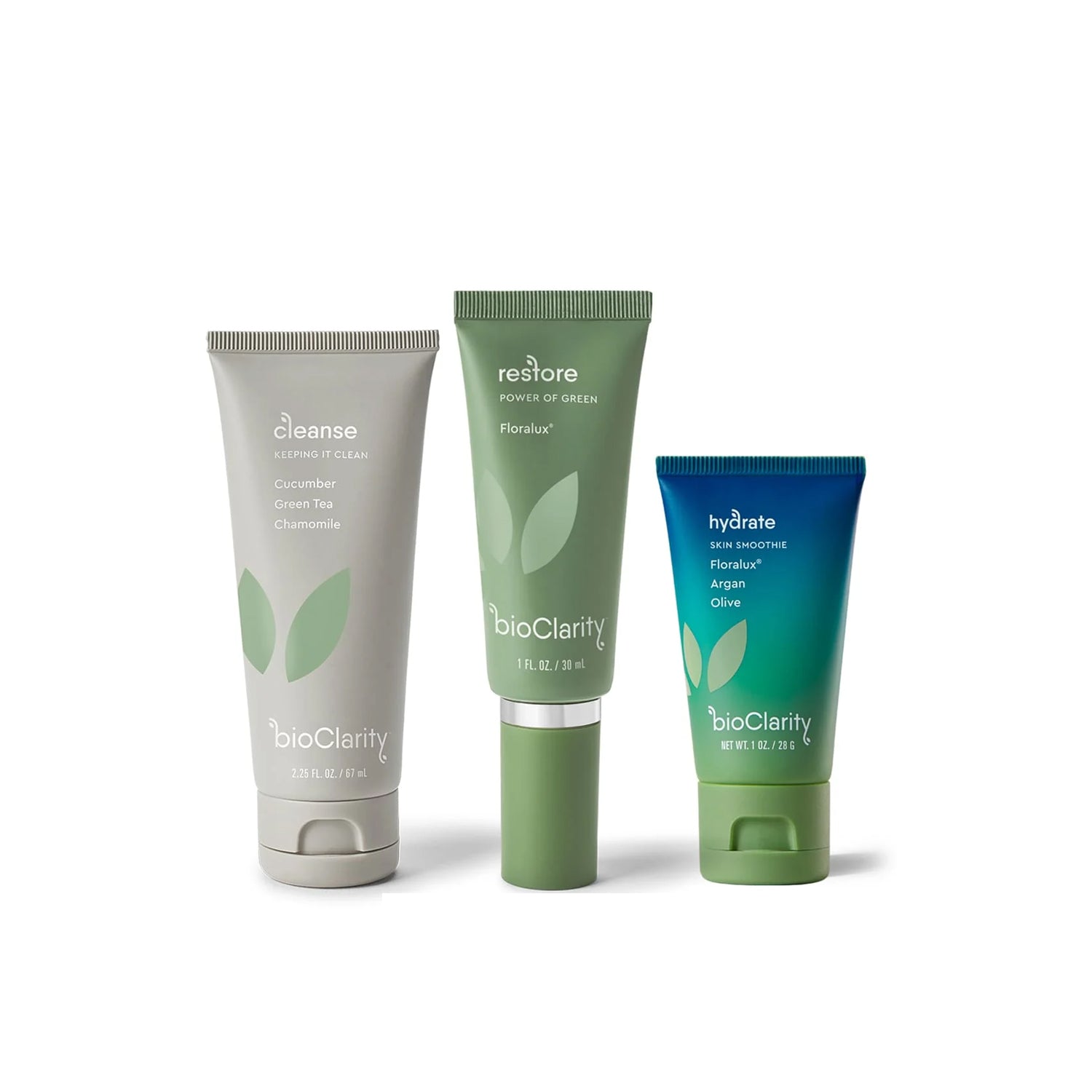
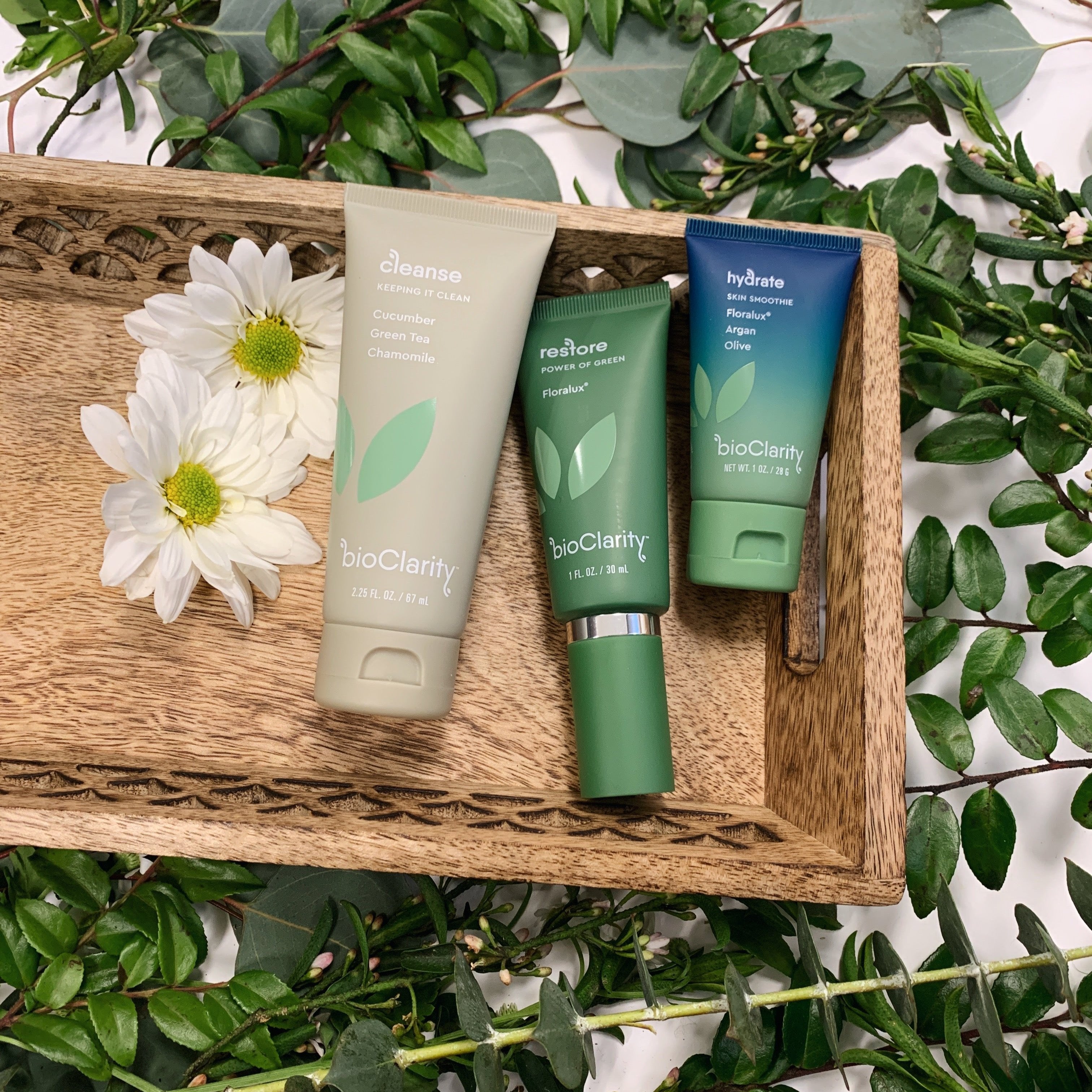
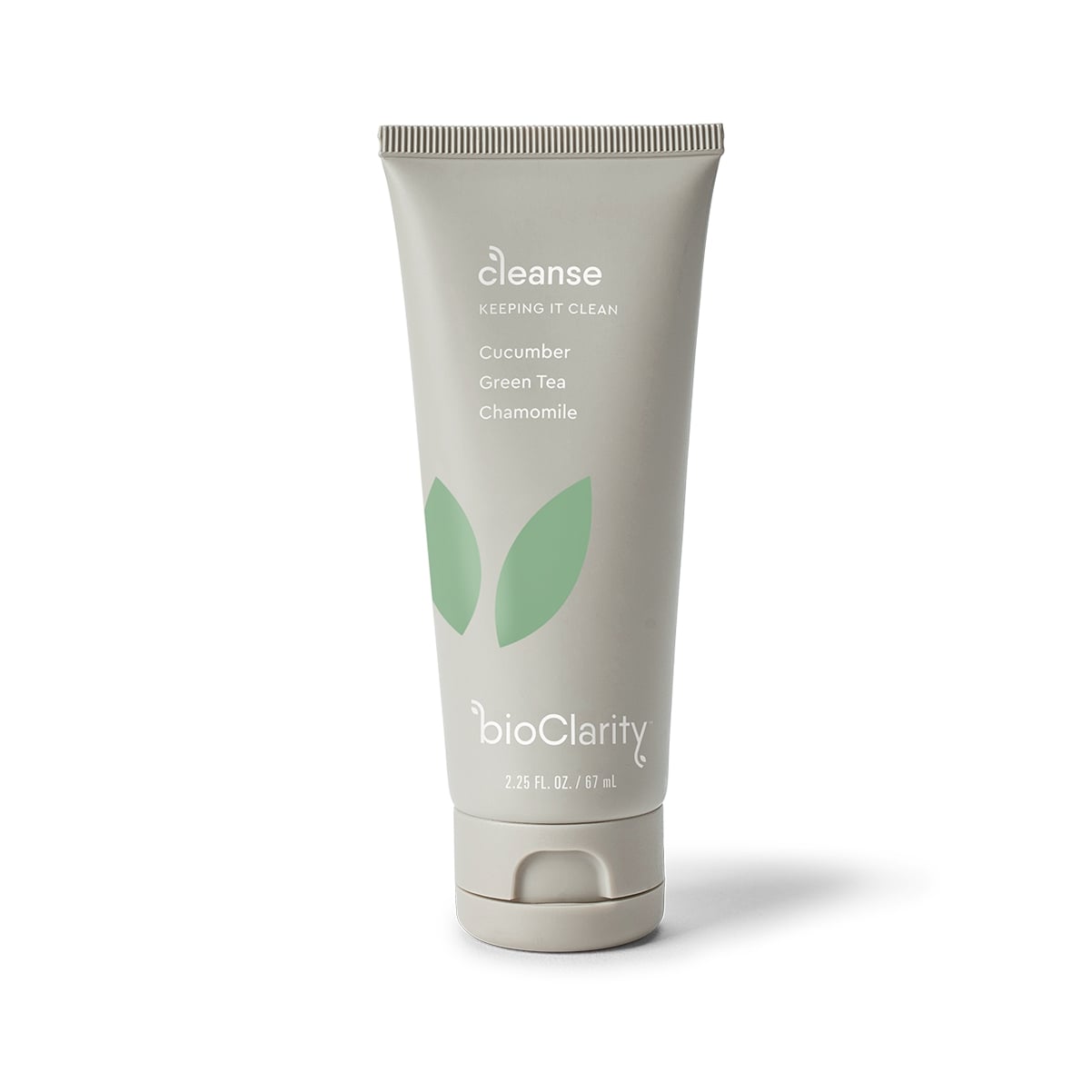
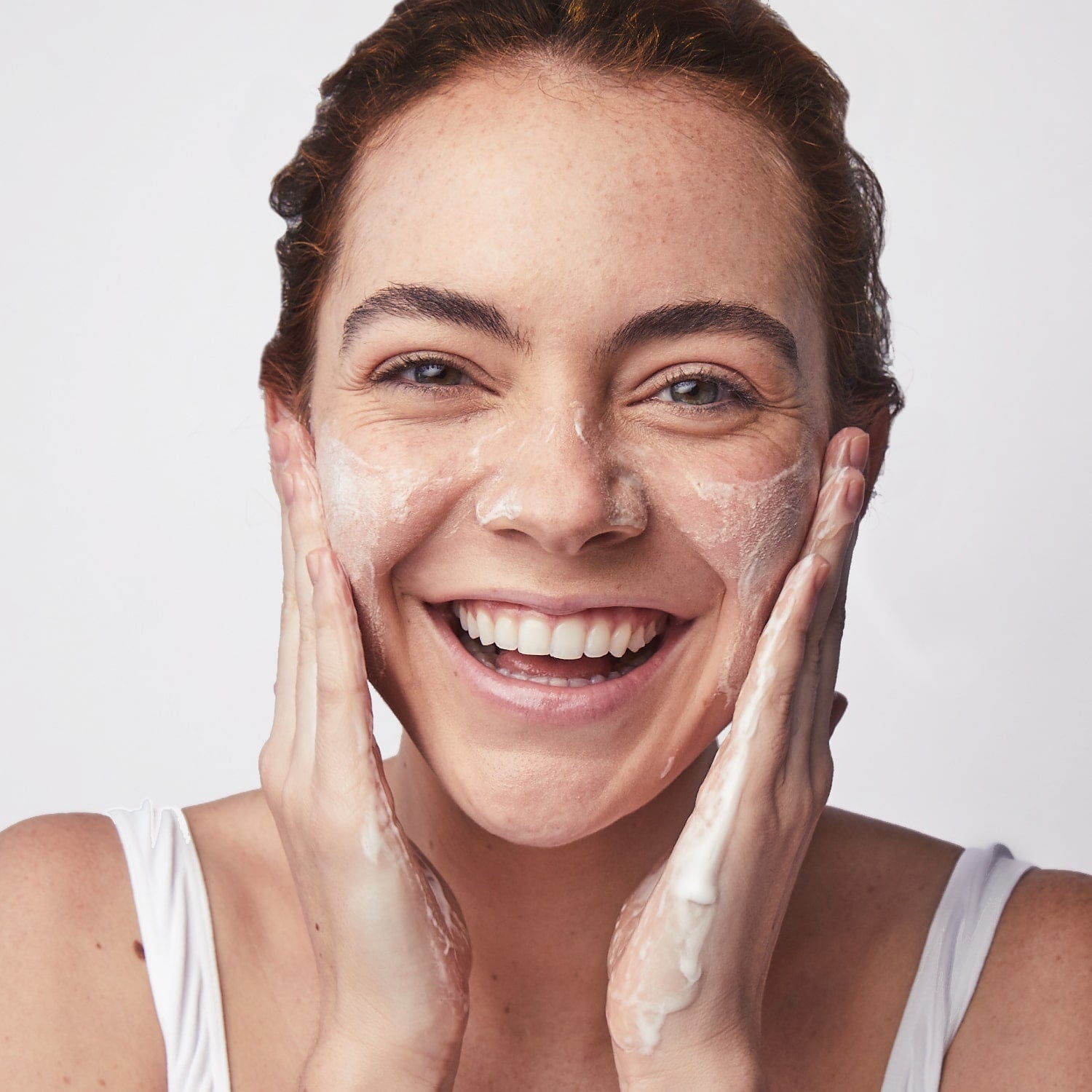




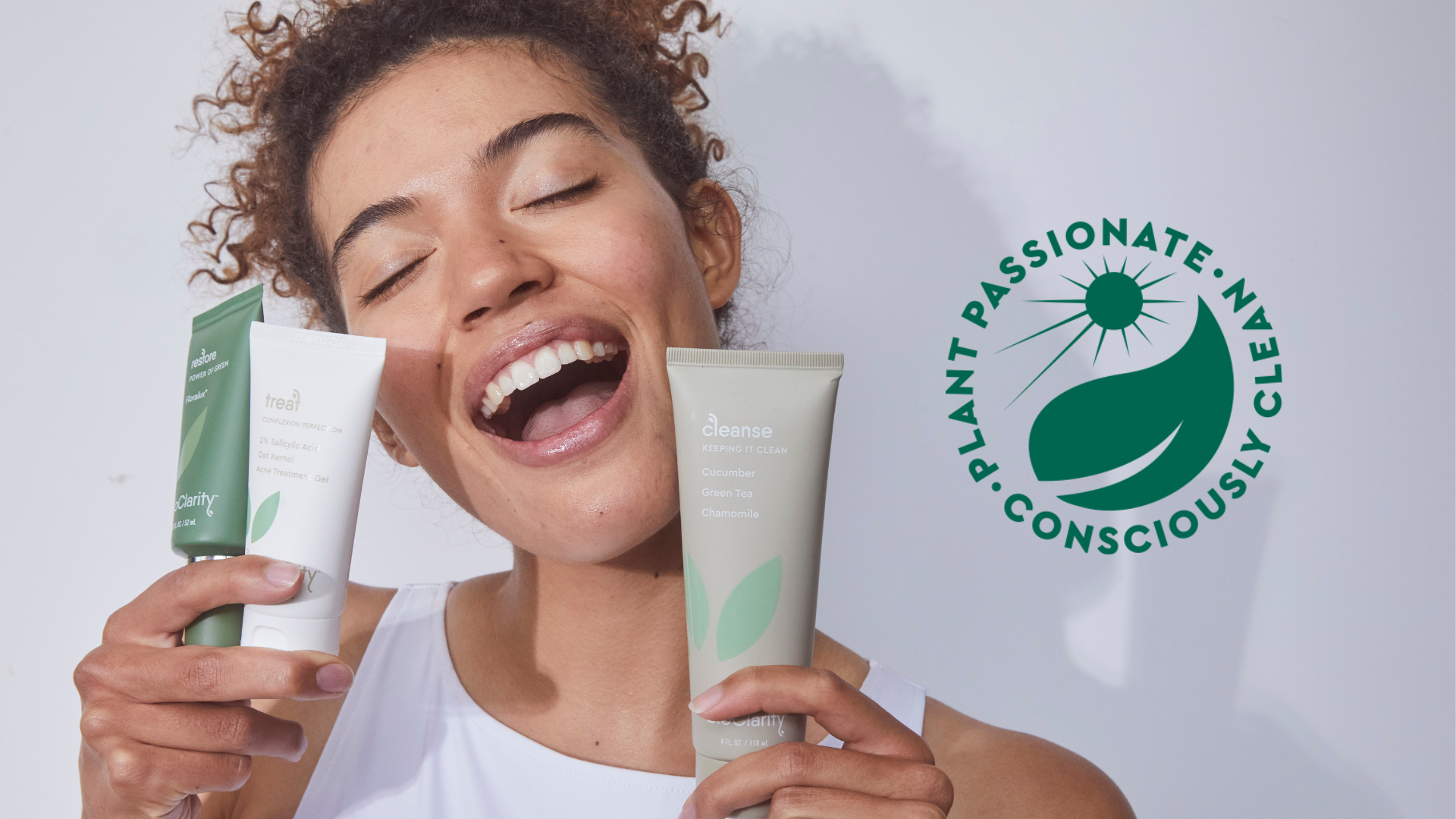
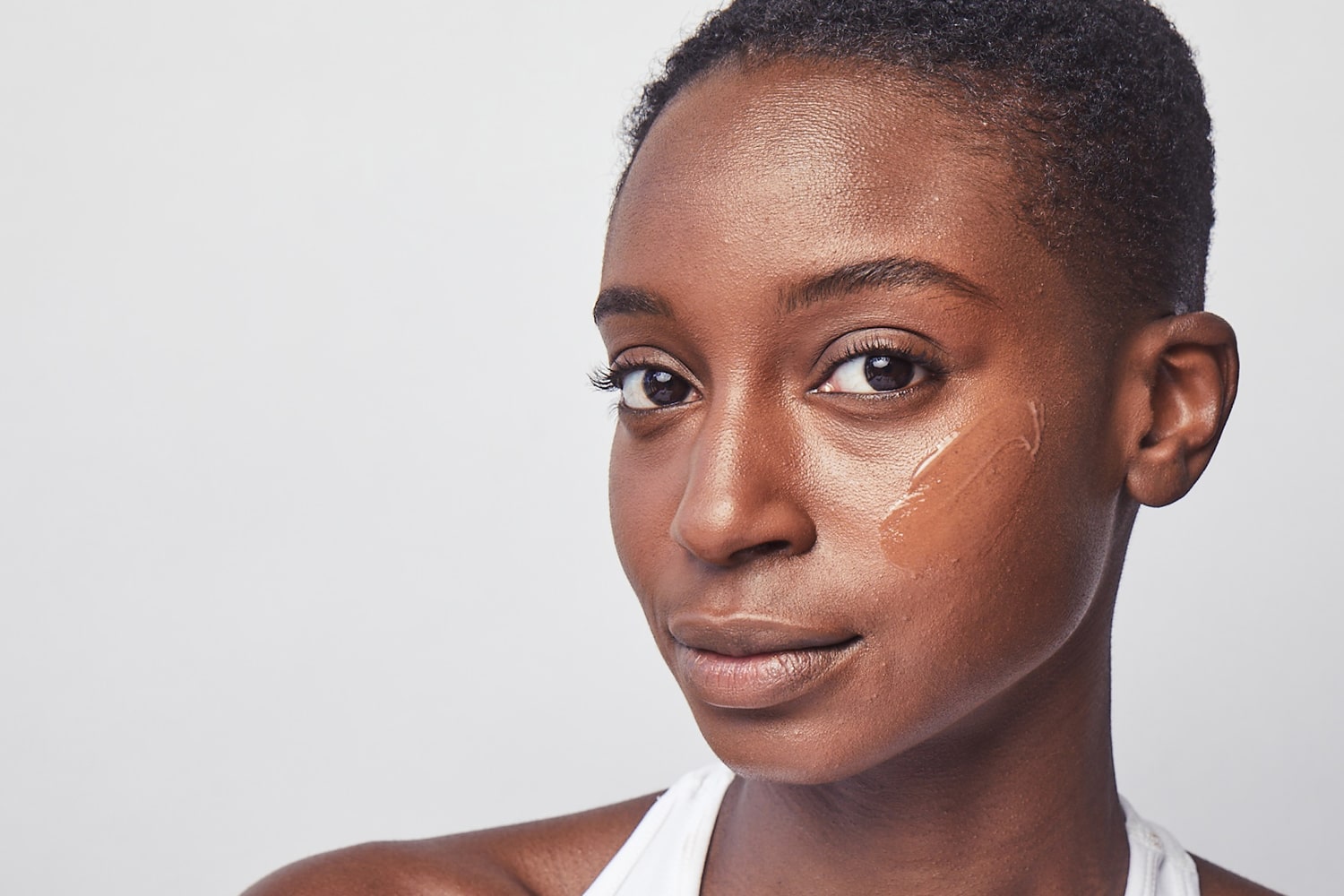
Comments
Bethany Miller —
This article was very helpful. Thank you!